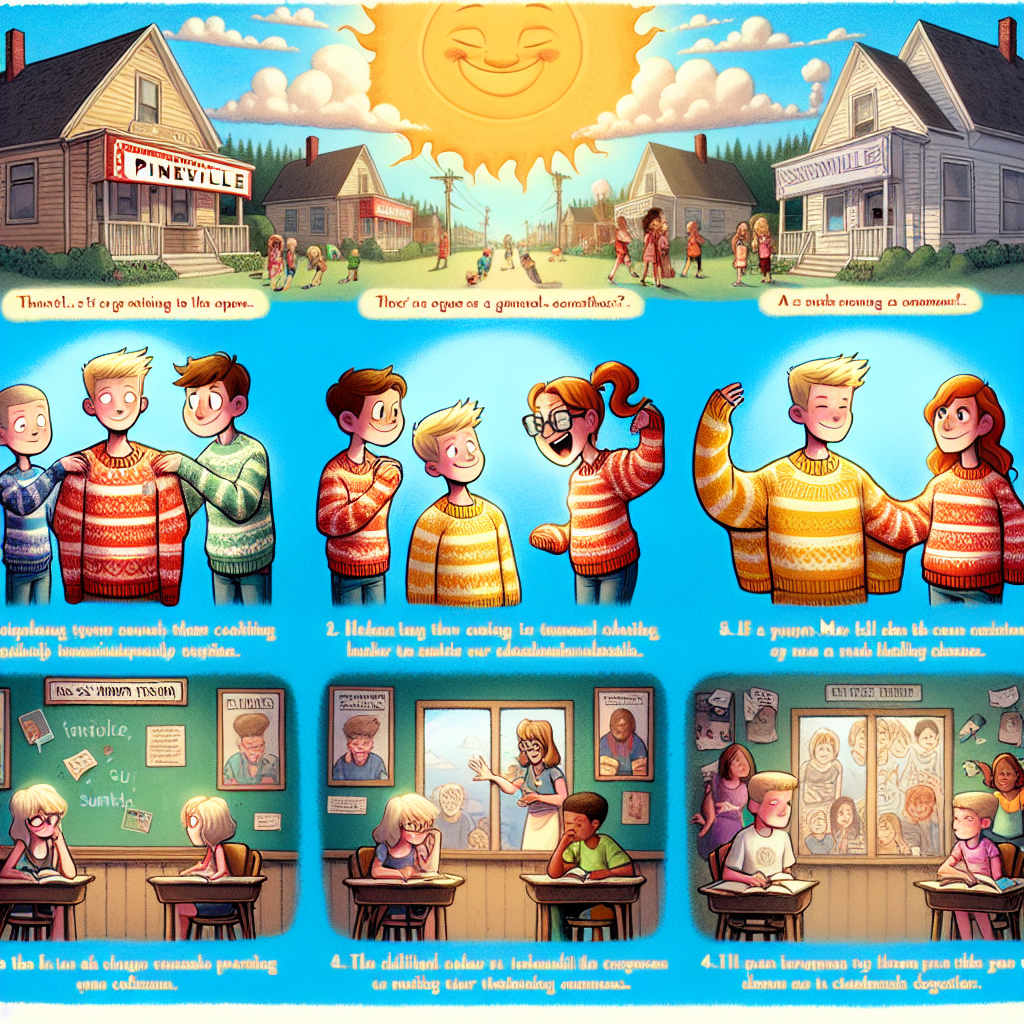
Prompt
Generated at: 7/6/2024, 1:42:17 PM
With: Sureal/Abstract
This style embraces odd, often illogical or dream-like imagery. It might feature distorted figures, bizarre landscapes, or an overall abstract aesthetic

powered by open-ai
78.1K generations
4.3

